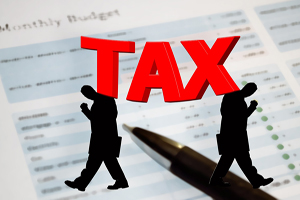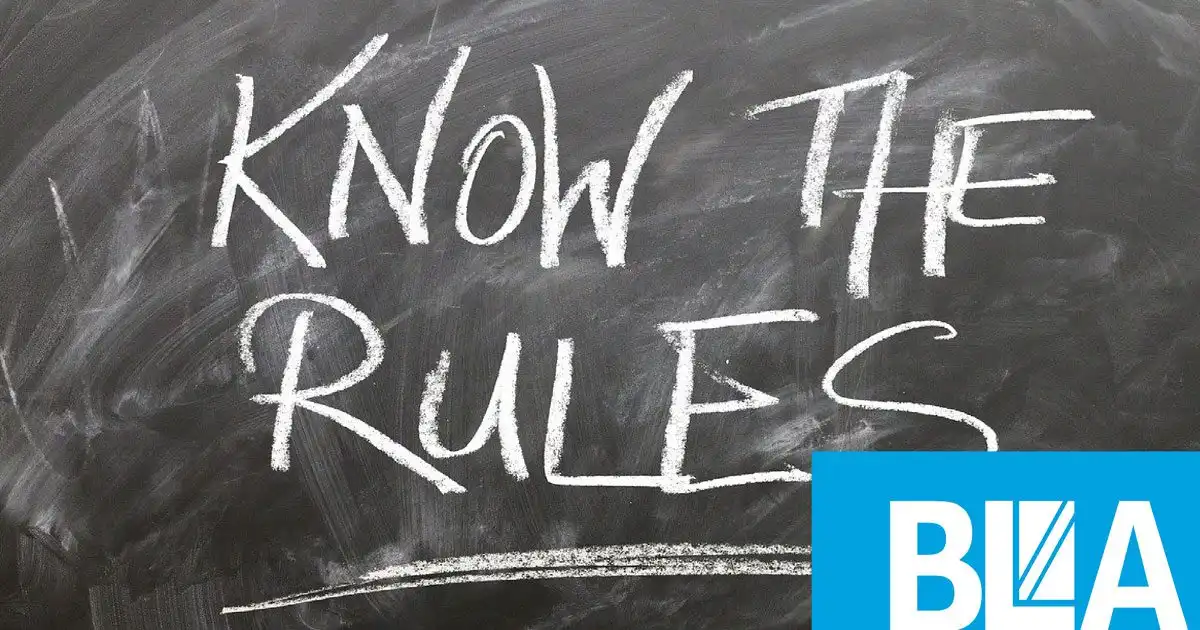Understanding the Capital Gains Tax Rate
As you are selling your home, the question, “What is a capital gains tax?” may come to mind.
This article is designed to help you answer that question, understand how it works, and find out the capital gains tax rate in the UK.
What is the Capital Gains Tax?
The Capital Gains Tax is a fee the UK puts on selling a home that is not your primary home.
If you own more than one home and sell the one you don’t reside in, you’ll pay Capital Gains tax.
You may also have to pay it with your primary home if you lease part of it or use it as a place for your business.
You should note that there is an amount you can earn without paying this tax – £12,300 – but it will be calculated with other income, such as capital gains from other assets.
This could push you into a higher tax bracket, so bear that in mind.
How much will my Capital Gains Tax be, and when is it due?
While everyone has to pay Capital Gains on properties that aren’t their primary residence, the amount you pay depends on your tax bracket. For example, if you are a basic-rate taxpayer, you pay only 18%, whereas if you are in a higher tax bracket or an additional-rate taxpayer, you pay 28%.
It’s important to note that this tax is only charged on the profit you make, not the total value of the property.
To figure this out, take the price you initially sold the property and subtract that value from the amount you sold it for.
You can reduce this by deducting the costs you spent buying or selling the property.
For instance, if you spent £200 to improve the curb appeal before you sold the home, you could deduct that same amount.
Your tax payment must be remitted 60 days after you sell your property.
To do this, you must submit a ‘residential property return’ and make a payment to the account.
What can or cannot be deducted from my Capital Gains Tax?
You can deduct several things from your Capital Gains tax.
First, you can remove the fees from solicitors and estate agents as well as the previously mentioned amount you spent on Stamp Duty.
You can also factor in costs to improve the house. However, you cannot factor in the house’s upkeep costs. You also cannot deduct mortgage interest from these costs.
Do You Ever Have to Pay Capital Gains on your Primary Residence?
There are times when you are required to pay tax on your main home. Here is a list of common reasons you would have to pay capital tax on your main home
- If you develop part of your home into flats or additional residences.
- If you bought the house solely to renovate it and sell it
- If your garden is half a hectare (1.2 acres)
- If part of your home is exclusively used for business
- If you let parts of your home to multiple lodgers
- If you moved out of the property more than nine months ago.
Do You Have to Pay Capital Gains on Inherited Properties?
No capital gains taxes are payable on the death of a person, but they are factored into their estate.
An inheritance tax may be applied to a property depending on the estate’s value. If you live on the property, however, you may be able to avoid that tax entirely.
If, on the other hand, you do not live on the property, you will pay taxes on it at that point.
There are ways to mitigate Capital Gains taxes, but it’s not always easy.
Your best bet is to talk with a financial advisor before you sell your home or property to better understand the taxes you may have to pay after you sell it.
That way, there will be no surprises once the house has sold.
FAQ
Capital Gains Tax (CGT) is a tax levied on the profit or “gain” made when you sell or dispose of an asset that has increased in value. This tax applies to various assets, including property (except your main home), stocks, and certain personal possessions worth £6,000 or more.
Who is Subject to Capital Gains Tax?
Individuals, trustees, and personal representatives are liable to pay CGT if they realize a taxable gain upon the disposal of an asset. Certain exemptions and allowances may apply, depending on the circumstances and the type of asset being sold.
What are the Current Capital Gains Tax Rates in the UK?
As of the 2021/2022 tax year, the capital gains tax rates for individuals in the UK are as follows:
- Basic Rate Taxpayers: 10% on gains up to the basic rate tax band and 20% on gains above the basic rate tax band.
- Higher Rate and Additional Rate Taxpayers: 20% on gains up to the higher rate tax band, and 40% on gains above the higher rate tax band.
Certain assets, such as residential property, may have different tax rates.
Are There Any Allowances or Exemptions Available?
Yes, individuals are entitled to an annual tax-free allowance called the Annual Exempt Amount. For the tax year 2021/2022, the Annual Exempt Amount is £12,300 for individuals and £6,150 for trusts.
Additionally, certain assets may qualify for tax relief or exemptions, such as:
- Entrepreneurs’ Relief
- Private Residence Relief
- Gift Hold-Over Relief
- Business Asset Disposal Relief (formerly known as Entrepreneurs’ Relief)
How is Capital Gains Tax Calculated?
Capital Gains Tax is calculated by subtracting the cost of acquiring and improving the asset (known as the “base cost”) from the proceeds of the sale.
Any allowable expenses incurred in the process of buying, selling, or improving the asset can also be deducted. The resulting gain is then subject to the applicable tax rate.
Are There Any Reporting Requirements for Capital Gains Tax?
Yes, individuals must report any taxable gains and pay any tax due to HM Revenue & Customs (HMRC) by filing a Self-Assessment tax return. Depending on the circumstances, trustees and personal representatives may also have reporting obligations.
Can Capital Gains Tax be Deferred or Avoided?
Certain tax planning strategies can help defer or minimize capital gains tax liabilities, such as:
- Investing in tax-efficient vehicles like Individual Savings Accounts (ISAs) and pensions.
- Making use of tax reliefs and exemptions available for specific types of assets.
- Timing the disposal of assets to make use of annual allowances and reliefs effectively.
It’s essential to seek professional advice from a qualified tax advisor or accountant to ensure compliance with tax laws and maximize tax efficiency.
Conclusion
Capital Gains Tax is an important aspect of the UK tax system, affecting individuals and entities who realize gains from the sale of assets. Understanding the rules, rates, allowances, and exemptions associated with CGT is crucial for effective tax planning and compliance.
If you have further questions or require personalized advice, it’s advisable to consult with a tax professional.
The British Landlords Association is a national landlords association for residential & commercial landlords. Join us today; membership for the year is only £69,95!
Top Read blogs:
Keeping the Lights On in Commercial Property
Forfeiture of lease – Forfeiting Commercial lease under COVID-19
Best Landlords Association to join in 2021?
Landlord Electrical Safety inspection report (EICR) 2021 Guide
Disclaimer:
This post is for general use only and is not intended to offer legal, tax, or investment advice; it may be out of date, incorrect, or maybe a guest post. You are required to seek legal advice from a solicitor before acting on anything written hereinabove.





